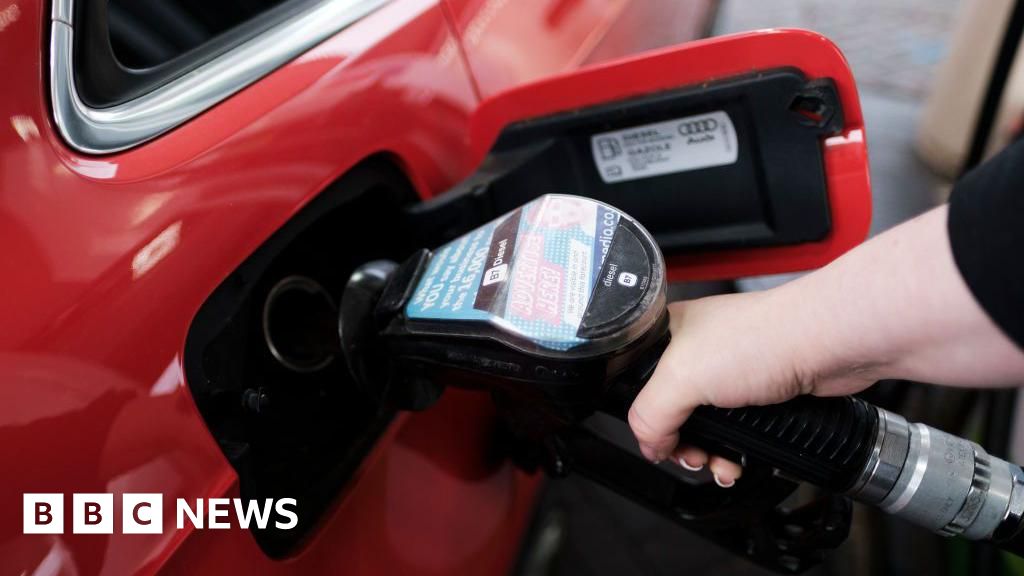Unlock the Editor’s Digest for free
Roula Khalaf, Editor of the FT, selects her favourite stories in this weekly newsletter.
The UK competition regulator is investigating whether Unilever has overstated how “green” some of its products are, as scrutiny of environmental claims in the consumer goods sector intensifies.
The Competition and Markets Authority said on Tuesday that it was looking at some of the environmental claims made by the maker of Dove and Lynx in relation to a range of household essentials such as cleaning products and toiletries.
The regulator said it was concerned that some of Unilever’s claims about how “natural” products were might be exaggerated and misleading, while images and logos — such as green leaves — could make items appear more eco-friendly than they really were.
The watchdog is also concerned over statements about recyclability that do not clearly state whether they relate to all or part of an item.
“The evidence we’ve seen has raised concerns about how Unilever presents certain products as environmentally friendly,” said Sarah Cardell, CMA chief executive. “We’ll be drilling down into these claims to see if they measure up.”
The CMA said it had contacted Unilever and was planning to set out its concerns in writing to the company on Tuesday.
Once the regulator has determined if any consumer protection laws have been broken, potential outcomes include securing undertakings from Unilever to change its practices, taking the company to court, or closing the investigation without action.
Unilever has been criticised in the past for placing too much focus on brand “purpose” and sustainability, with one top-10 shareholder, Terry Smith, arguing the group had “lost the plot” for defining the purpose of Hellmann’s mayonnaise.
Speaking to the FT recently, new chief executive Hein Schumacher acknowledged that corporate purpose could be an “unwelcome distraction” for some brands.
A spokesperson for Unilever said on Tuesday that the company was “surprised and disappointed” with the CMA announcement and refuted that the claims were misleading.
“Unilever is committed to making responsible claims about the benefits of our products on our packs and to these being transparent and clear, and we have robust processes in place to make sure any claims can be substantiated,” the spokesperson said. Unilever added it would continue to co-operate with the CMA.
The regulator’s investigation into Unilever is part of a wider probe into greenwashing by companies, which the regulator expanded in January to include consumer goods such as food and toiletries.
The CMA is one of a list of regulators scrutinising green claims in different industries, including the UK Financial Conduct Authority, as watchdogs seek to prevent companies trying to falsely capitalise on the growing focus by consumers on the issue.
“Problematic claims include the use of vague and broad eco-statements, for example packaging or marketing a product as ‘sustainable’ or ‘better’ for the environment with no evidence,” the CMA said.
It did not specify which of Unilever’s products it was concerned about.
Consumer goods companies are under increased scrutiny over claims they make about the environmental impact of their products, in particular the recyclability of their packaging.
Last month consumer rights organisations in Europe filed a legal complaint against Coca-Cola, Nestlé and Danone for the use of misleading “100 per cent recycled” and “100 per cent recyclable” claims on plastic water bottles sold in the region.
In the US, meanwhile, New York attorney-general Letitia James is suing PepsiCo for waste pollution, saying the drinks and snacks giant had failed to warn consumers about the impact of single-use plastic on human health and “misled” the public about its efforts to combat plastic pollution.
Pepsi said in response to the lawsuit that it was “serious about plastic reduction and effective recycling”, and was working with different stakeholders to improve recycling capacity and boost consumer awareness about recycling in the US.
Credit: Source link











